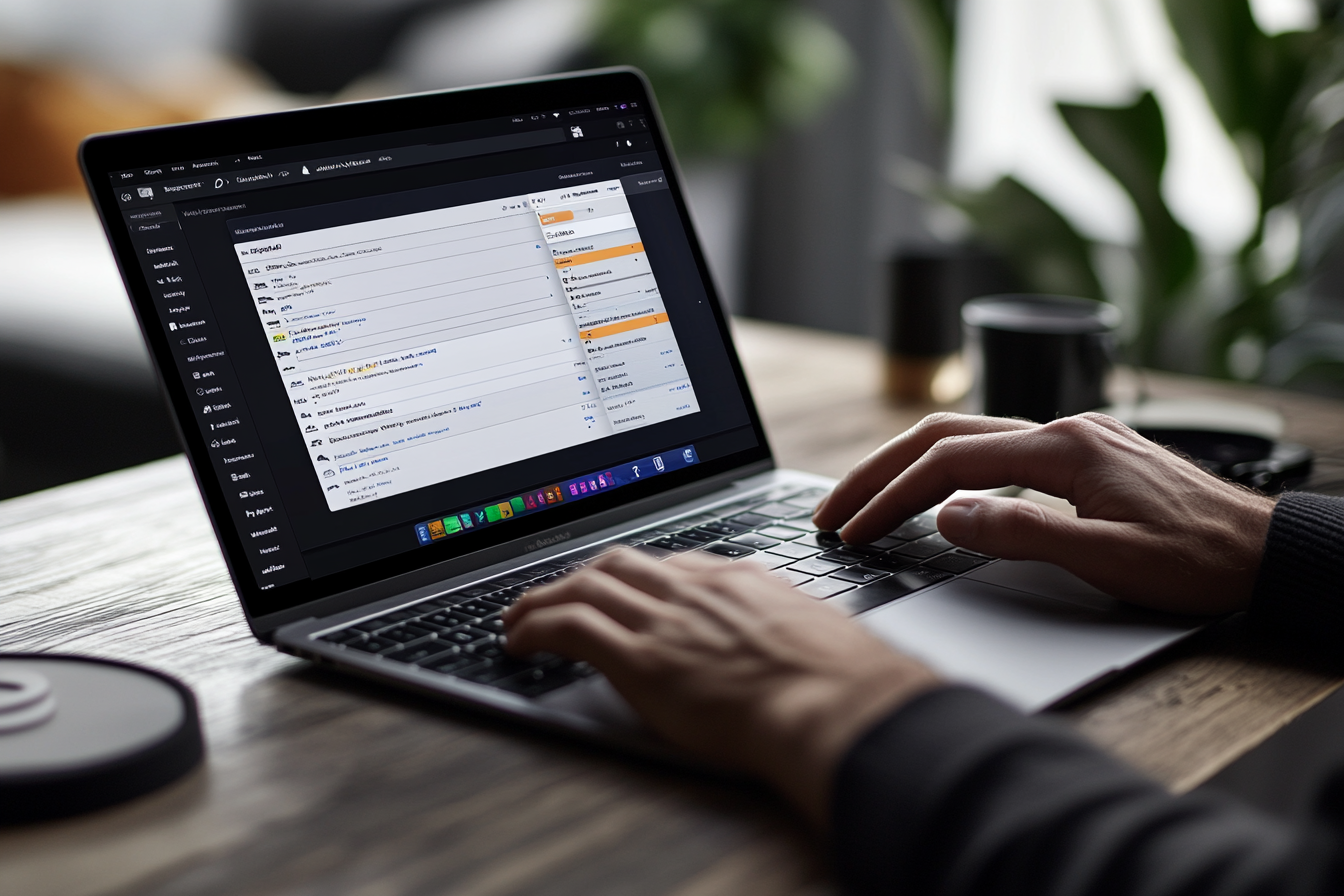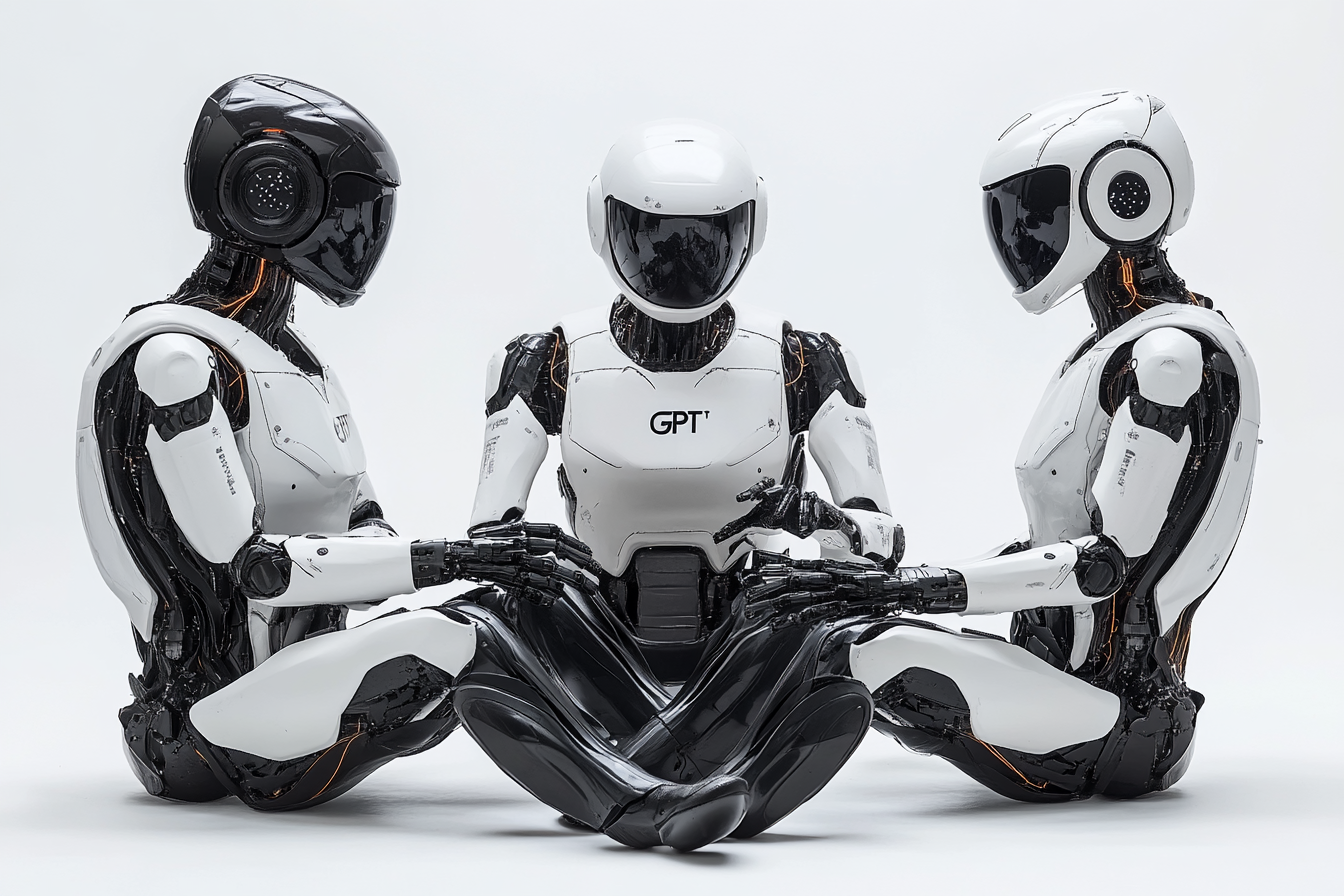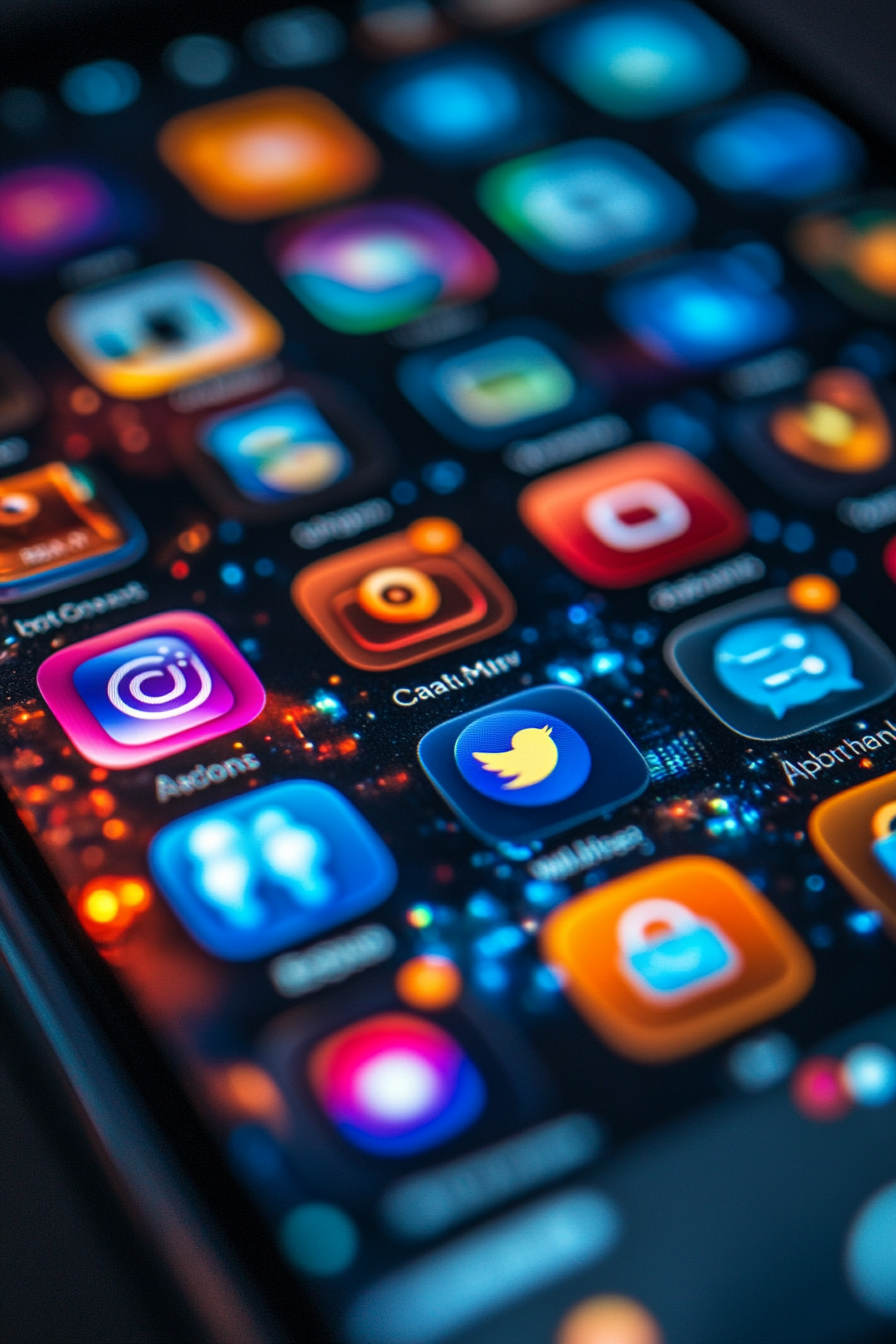OpenAI in January 2025: ChatGPT Gets a Task Manager and More!
OpenAI, the leading innovator in artificial intelligence and the creator of the renowned AI chatbot ChatGPT, has been making headlines this January with a series of ground-breaking developments.
From new features that transform how we interact with AI to ambitious plans for the future, OpenAI is pushing the boundaries of what’s possible. Let’s delve into the latest news and explore what’s in store for OpenAI in 2025.
Listen to Podcast
OpenAI’s Vision for the Future
OpenAI’s core mission is to ensure that artificial general intelligence (AGI) benefits all of humanity. AGI, in simple terms, refers to highly autonomous systems that can surpass human capabilities in most economically valuable work. OpenAI firmly believes that AI will have a profound impact on society, and they are dedicated to developing AI responsibly and ethically.
Here are some key aspects of OpenAI’s vision:
- Continuous improvement: OpenAI is committed to constantly refining its AI models, with each new version exceeding the capabilities of its predecessors. This dedication to ongoing improvement ensures that their AI technologies remain at the forefront of innovation.
- AI and public policy: OpenAI actively participates in discussions surrounding AI policy and regulation, collaborating with governments and other institutions to ensure the safe and ethical development of AI. They recently released an artificial intelligence infrastructure blueprint to highlight their vision for American AI, which they believe will boost productivity and accelerate advanced technology development.
- Ethical AI development: OpenAI prioritizes safety, transparency, fairness, and accountability in its AI development. They are committed to conducting the necessary research to make AGI safe and encourage its responsible adoption across the AI community.
- Social and economic benefits: OpenAI recognizes the potential for AI to generate significant social and economic benefits. As AI technology advances, they plan to redistribute profits from their work to maximize these benefits for society.
- Short timelines for AGI: OpenAI believes that achieving AGI sooner rather than later is safer and more conducive to coordination. Shorter timelines allow for better collaboration and are more likely to result in a slower, more controlled development of AGI, giving us more time to address safety concerns and adapt to this transformative technology.
Transition to a Public Benefit Corporation: OpenAI has announced plans to transition its for-profit arm into a Delaware-based public benefit corporation (PBC). This move aims to attract substantial investment while prioritizing societal interests alongside shareholder value. This unique structure sets OpenAI apart from traditional corporations and demonstrates their commitment to balancing profit with social responsibility.
ChatGPT’s New Taskmaster Abilities
One of the most exciting updates from OpenAI this month is the introduction of scheduled tasks to ChatGPT.
This innovative feature, currently being tested for Plus, Pro, and Team plan users, allows you to set reminders or schedule actions within ChatGPT. Imagine receiving a personalized daily weather report or a weekly news briefing tailored to your specific interests, all delivered seamlessly through ChatGPT! This update signifies a significant shift towards a more proactive and personalized AI experience.
Here’s a closer look at how it works:
- Proactive alerts: Need to remember an important deadline or an upcoming event? ChatGPT can now proactively alert you with timely reminders via push notifications or email.
- Scheduled content creation: Want a daily dose of inspiration? You can schedule ChatGPT to deliver affirmations or generate summaries of the latest news at specific times. This feature opens up exciting possibilities for automated content creation and personalized learning experiences.
- Routine management: ChatGPT can help you establish and maintain routines by providing prompts and reminders for tasks throughout your day. Imagine ChatGPT guiding you through your morning workout, reminding you to take breaks throughout the workday, or helping you wind down with a relaxing meditation session in the evening.
Currently, users can set up to 10 active tasks, and the feature is available on web, iOS, Android, and macOS. Windows support is expected to be rolled out in the first quarter of 2025.
This “tasks” feature is still in its early stages of release, but it provides a glimpse into OpenAI’s ambition to create AI agents that can perform more complex and autonomous actions.
Think of it as a stepping stone towards a future where AI can manage your calendar, book appointments, and even handle your online shopping!
Customization is Key
OpenAI also introduced new customization options for ChatGPT this month. These features, currently available in the browser-based version and on Windows desktops (with Mac app support coming soon), allow you to personalize how ChatGPT responds to your prompts.
By tailoring ChatGPT’s responses to your individual needs and preferences, you can create a more personalized and efficient AI experience.
Improved AI Models
In addition to new features for ChatGPT, OpenAI has been busy enhancing its core AI models. They recently started releasing the o3-mini AI model for ChatGPT and its API. This model is an upgrade to the o1-mini model, offering improved speed and efficiency while maintaining the advanced reasoning capabilities of the o3 series.
OpenAI also unveiled new tiers and capabilities for its AI models, including:
- The $200 Tier: This tier provides advanced reasoning capabilities for high-stakes applications, enabling more complex and nuanced AI interactions.
- Vision Mode: This ground-breaking feature gives AI “eyes,” allowing it to process and understand visual information. Imagine the possibilities of an AI that can analyse images, generate descriptions, and even answer questions about visual content.
- Sora: This AI model focuses on generating high-quality video content, opening up new avenues for creative expression and automated video production.
Operator: The AI Agent on the Horizon
Beyond ChatGPT’s new features and improved models, there’s a lot of excitement surrounding “Operator,” a new AI agent under development at OpenAI. Operator is designed to automate a wide range of computer tasks, from coding and debugging to making travel arrangements. Leaked information suggests a January 2025 release, and some evidence of Operator has been found within the ChatGPT macOS client.
While Operator is still under wraps, early benchmarks indicate impressive capabilities in web navigation. However, it seems to face challenges with more complex tasks, such as those involving cryptocurrency operations.
One of Operator’s most promising applications is in the realm of travel planning. It can automate the booking of flights, accommodations, and ground transportation by analyzing user preferences and available options. This streamlines the travel planning process, saving users time and effort while enabling them to make informed decisions without manual input.
While Operator focuses on automating everyday tasks, OpenAI is also exploring the potential of even more advanced AI systems…
Super Agents and the Future of AI
OpenAI is reportedly developing “super-agents,” AI systems designed to tackle complex tasks at an expert level. These super-agents would go beyond the capabilities of current AI chatbots, potentially performing intricate, goal-oriented tasks that require advanced reasoning and problem-solving skills. Imagine AI systems that can diagnose medical conditions, conduct scientific research, or even design complex engineering projects. The potential impact of such advanced AI systems is enormous.
Ethical Considerations
As AI technology advances, it’s crucial to consider the ethical and societal implications of these developments. OpenAI recognizes this responsibility and is actively addressing potential concerns related to its Vision Mode, including:
- Data privacy: Ensuring the responsible and ethical use of data is paramount in the development of AI systems that can process visual information.
- Accessibility and cost: OpenAI is committed to making its AI technologies accessible to a wide range of users, regardless of their economic background.
- Bias mitigation: OpenAI is actively working to mitigate biases in its AI models to ensure fairness and prevent discrimination.
OpenAI’s Partnerships
OpenAI is also expanding its reach through strategic partnerships. They recently announced a collaboration with Axios, a leading news organization. This partnership aims to explore new ways to leverage AI in the news industry, potentially enhancing news gathering, content creation, and information dissemination.
Conclusion: An Exciting Year Ahead
January 2025 has been a remarkable month for OpenAI, filled with new features, exciting developments, and ambitious plans for the future. The introduction of scheduled tasks in ChatGPT, the focus on customization, the development of AI agents like Operator and super-agents, and the commitment to ethical AI development all point to a future where AI plays an even more integral role in our lives.
As OpenAI continues to push the boundaries of AI, it’s essential to stay informed about these advancements and their potential impact on society. With these groundbreaking developments, OpenAI is not only shaping the future of AI but also redefining the very possibilities of human-computer interaction.










